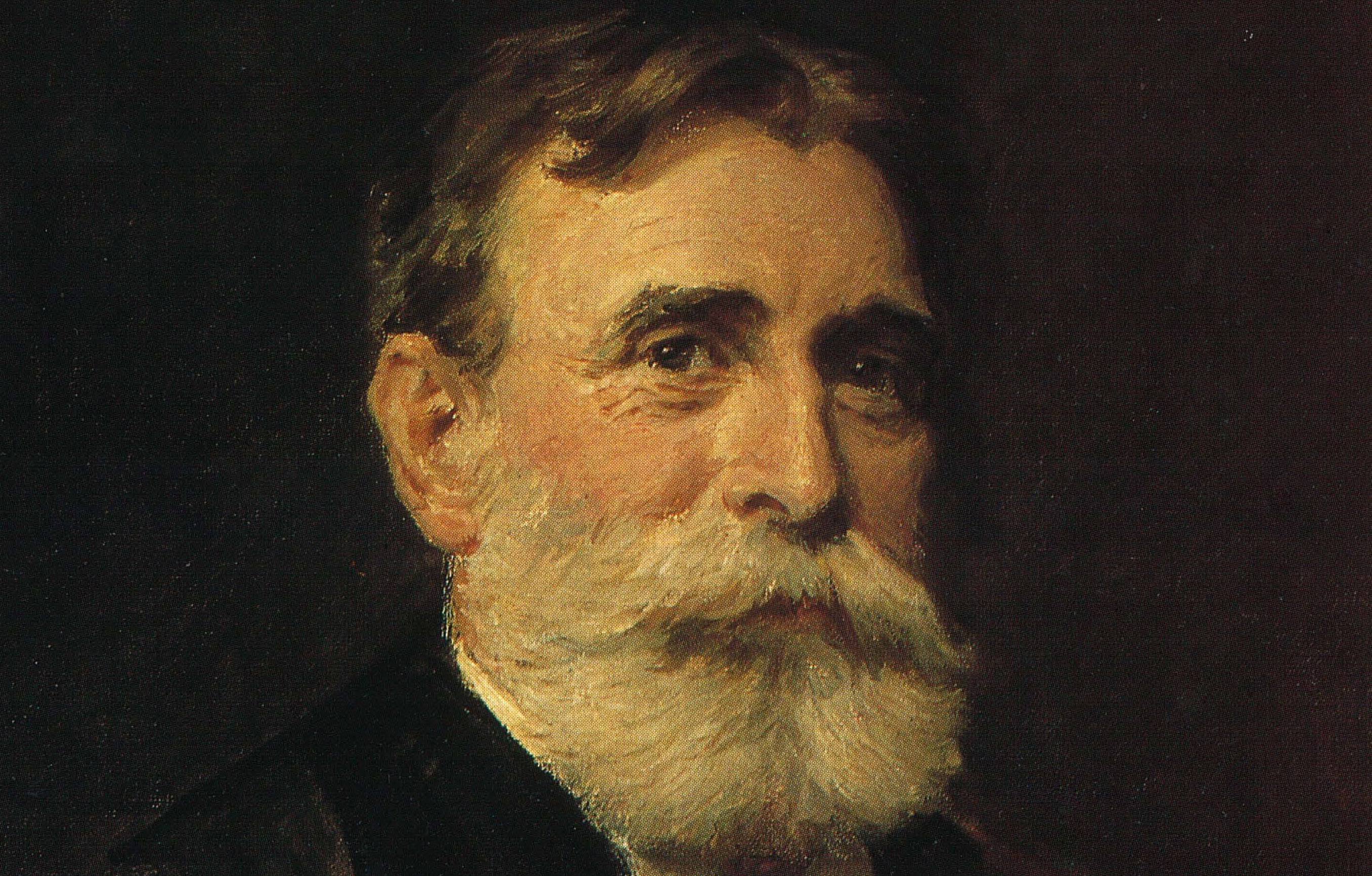B.B. Warfield once famously described the Protestant Reformation as “the ultimate triumph of Augustine’s doctrine of grace over Augustine’s doctrine of the church.”[1] According to Warfield, the Reformers embraced Augustine’s anti-Pelagianism but rejected his anti-Donatism. I would like to suggest that Warfield was wrong, at least about John Calvin--who, I argue, largely agreed with Augustine on fundamental principles of ecclesiology. Calvin, especially among early Protestant Reformers, attempted to hold together the various aspects of Augustine’s teachings on grace. He appropriated Augustine’s anti-Pelagian theology and Augustine’s anti-Donatism.
Login to read more
Sign in or create a free account to access Subscriber-only content.
Topics:
